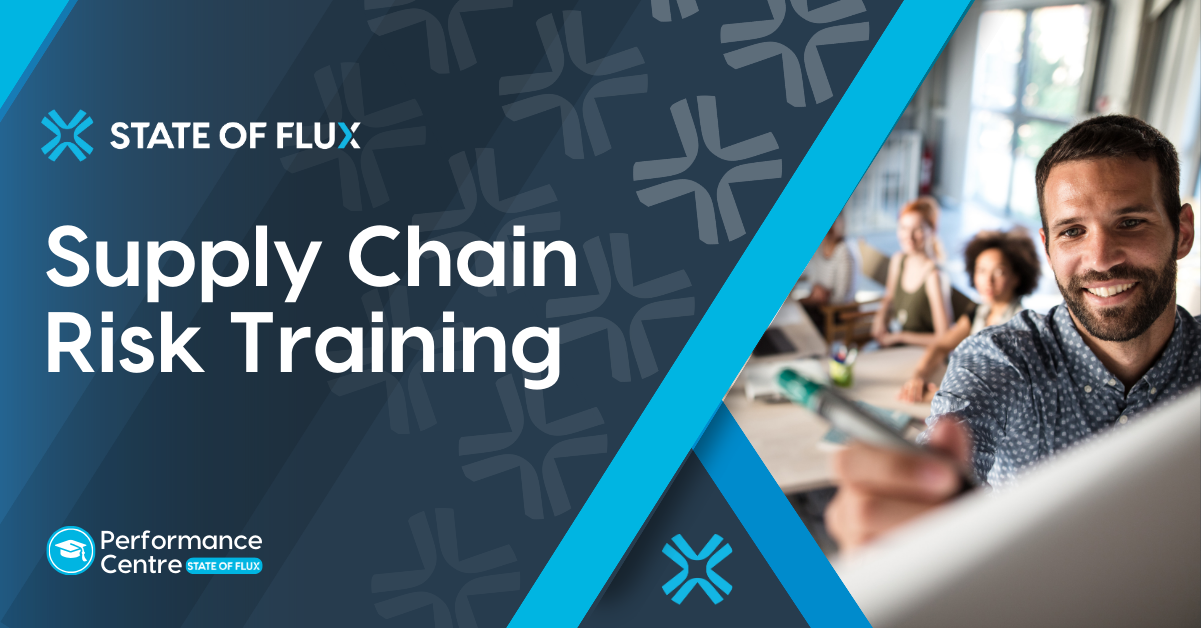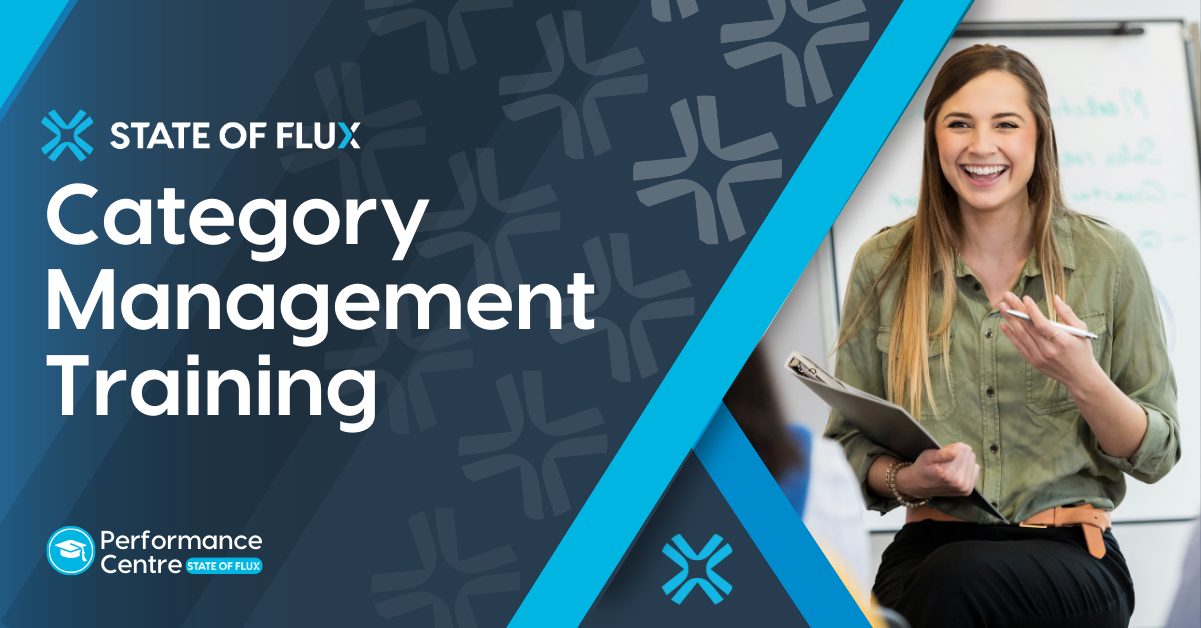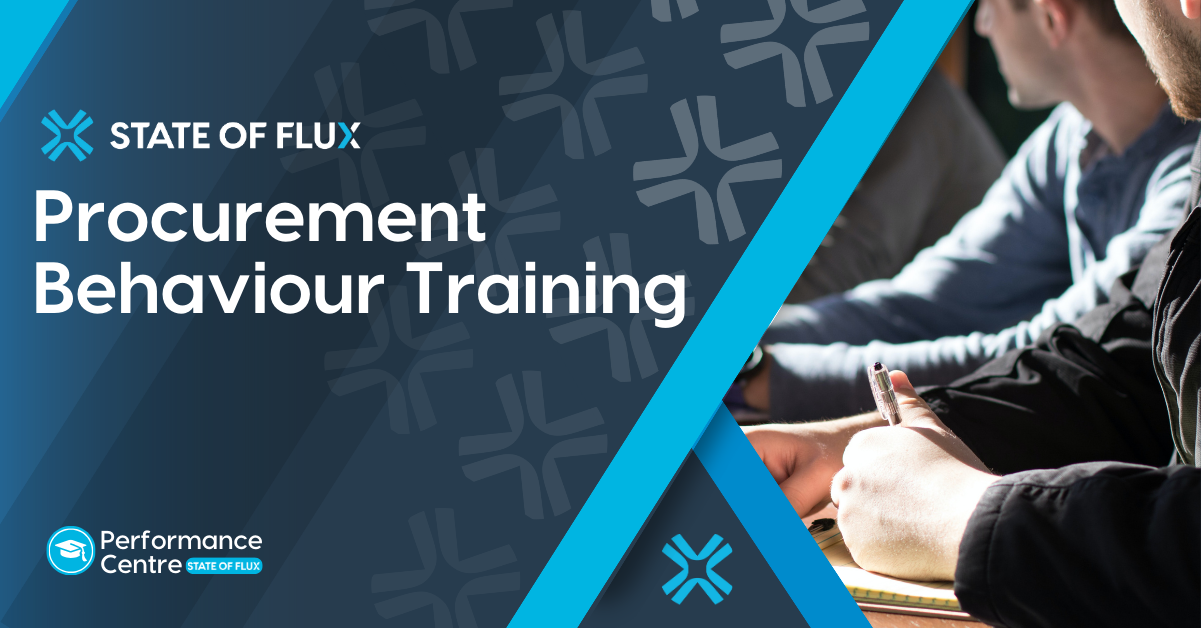Achieve the balance between cost, value and quality with the right processes and suppliers
Overview
Strategic sourcing should follow a structured process to leverage relevant value drivers, optimise your cost base and improve overall value.
Develop and apply the skills to source strategically. Set up and implement a strategically focused sourcing project and set the stage for delivering a value-creating supplier to the business.
The key to using this approach is to use a live sourcing opportunity as the focal point for applying the learning and demonstrating mastery. However, this may be impractical because of the timescales. Alternatively, a pre-packaged sourcing case study can be used to allow group working and problem-solving to be structured into a realistic programme duration.
Format: 7 online modules over 7, 90-min sessions.
Public training course cost (excluding tax):
| North America | US$ 2,200 |
| EMEA | £1,690 |
| Asia Pacific | AUD$ 2,950 |

Register for a 'Strategic Sourcing' course:
Learning Objectives
The course will be delivered through one session and will enable you to learn how to:
- Conduct category, internal and supplier research to identify and validate opportunity areas
- Develop relationships and suppliers selection matrix and define a strategic sourcing strategy
- Prepare a negotiation plan and RFI/RFP documents
- Negotiate
- Implement and develop a supplier strategy
What we do
Investigate: The most crucial yet most 'skipped' area of the strategic sourcing process. We will help you with research techniques to understand the marketplace, the suppliers and your internal demand/usage.
Develop strategy: We teach you how to take the information from the Investigate step and use it to your best advantage. We explore if an RFP is the right tool for the next step, or if it is better to negotiate directly.
Course Content
Each step in the seven-step process is a course module.
Set up: How to set up for success, get the right stakeholders on board, create your communications plan and risks and issues trackers.
Investigate: Learn how to conduct category, internal and supplier research to identify and validate opportunity areas.
Develop a strategy: Develop a relationship and a supplier selection matrix. Define sourcing strategy.
Prepare to test the marketplace: Learn how to write RFI/RFP documents, the questions you should ask, how to score them and how to prepare a negotiation plan.
Negotiate: How to conduct a supplier negotiation using the information you have gathered in the first four steps of the process, how to use a team to negotiate, and how to ensure your negotiations leave you with a good supplier relationship.
Implement: Deliver a negotiations' outcome review, finalise the strategy, prepare a formal supply agreement, develop an implementation plan and prepare contracts. Plan for implementation and rollout.
Develop supply chain: How to build continuous improvement in the Supplier relationship and supply chain. Preparing for supplier relationship and performance management. 360 review models and supplier account planning.
How is it delivered?
Training is delivered through three key activities to ensure students are engaged and applying their learnings:
Workshop: Instructor-led 90-minute session in an interactive and engaging format (virtually or in-person).
Assignments: Students apply the module’s content to the job by completing a set of assignments, which takes 1–2 hours to complete. Ideally, This on-the-job activity should focus on a live supplier relationship to make the training relevant and bring its value to life.
Coaching: Throughout the assignment period, students get access to the course leader for 1:1 coaching support (30 minutes for each course module) to build on their understanding and ensure effective implementation.
Resources: All course attendees will receive a complete suite of support resources – templates and reference material – to ensure a consistent approach to strategic sourcing is embedded into your organisation.

Leading global bank chooses State of Flux as a training partner
Training enhances stakeholder engagement and adds value to leading global banks.
Operating in a complex and regulated environment, our client focuses on increasing value and managing risk in its supply chains through investing in SRM training.
Specialised Training and Development Offerings




















